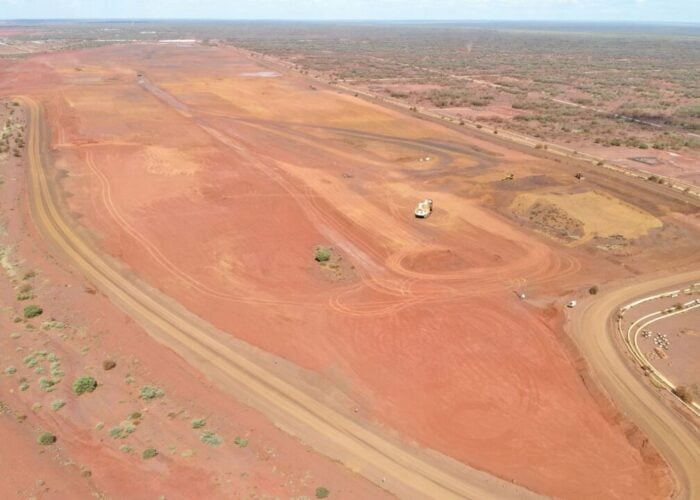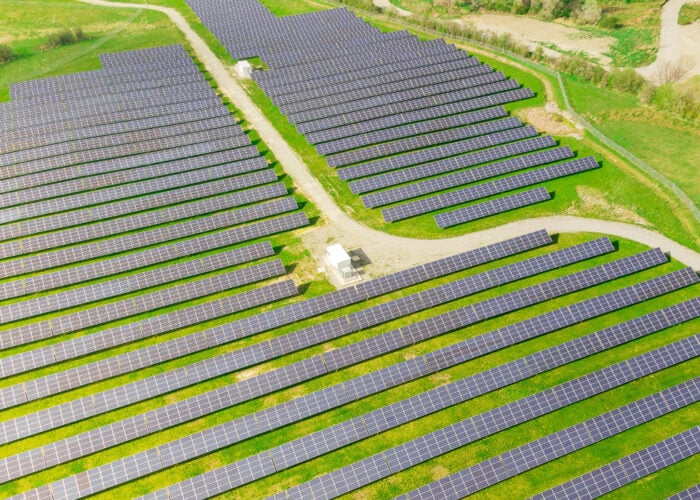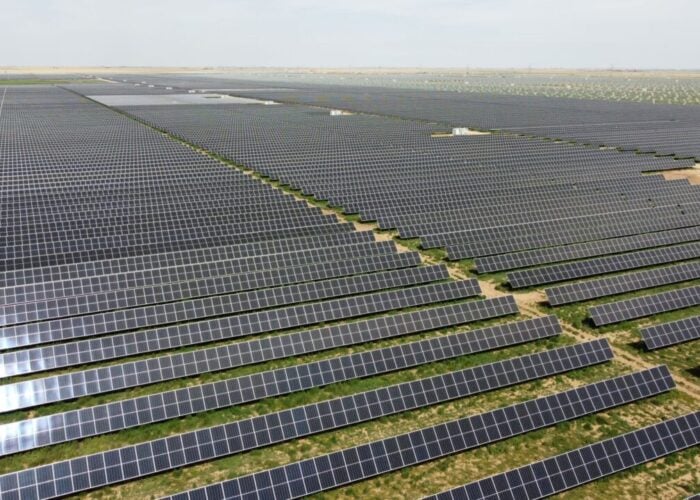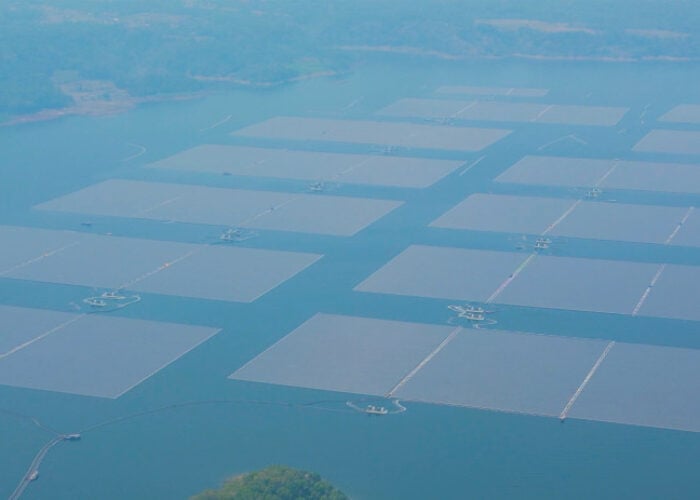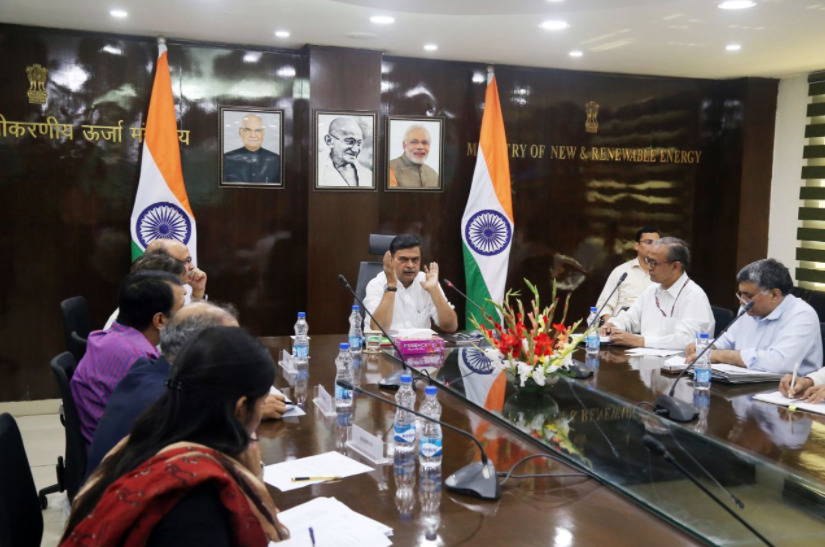
India’s government will stop the electronic reverse auctions of renewables projects in the country amid fears it is leading to “unhealthy competition”.
Reported last week (14 July) by The Economic Times India, the move has been described as necessary to reverse the trend of artificially low tariffs leading to unhealthy competition.
Unlock unlimited access for 12 whole months of distinctive global analysis
Photovoltaics International is now included.
- Regular insight and analysis of the industry’s biggest developments
- In-depth interviews with the industry’s leading figures
- Unlimited digital access to the PV Tech Power journal catalogue
- Unlimited digital access to the Photovoltaics International journal catalogue
- Access to more than 1,000 technical papers
- Discounts on Solar Media’s portfolio of events, in-person and virtual
Or continue reading this article for free
Secretary of the Ministry of New and Renewable Energy (MNRE), Indu Shekhar Chaturvedi, said on Thursday that the decision had been made “in-principle”.
“An in-principle decision has been taken. There were complaints from the industry that e-reverse auctions is leading to the tariffs being artificially lowered leading to unhealthy competition,” he said.
Initially focused on wind power, the decision to revert back to the normal single bidding route is likely to filter down to other renewable technologies. The Economic Times India cites a senior executive at the MNRE as saying, “If the e-reverse auction for wind is being taken down on transparency concerns, how can it be sustained for other renewable energy projects.”
Some, however, have questioned the wisdom behind the move, describing it as “the wrong solution to the wrong problem”.
Vinay Rustagi, managing director of research firm Bridge to India, told PV Tech that “to say that all problems with unviable projects are down to e-auctions is a gross misstatement”.
“Auctions were a double-edged sword – they allowed bidders to go in at reasonable levels in the first stage and then play it depending on situation in the live action room,” Rustagi said. “Now with only one shot at success and no access to bidding info from the previous round, developers will be bidding completely blind.”
As a result, Rustagi believes aggressive bidding will continue as “desperate bidders will bid even more aggressively”.
“The real problem is threefold,” he suggested, “low demand, oversupply of capital and lack of discipline among developers, which is making bidders desperate to win projects.”
We saw multiple instances even with auctions where people went too aggressively in first round when there was little competition.”
Meanwhile, the Indian solar sector is suffering from module shortages as the country’s basic customs duty on solar cells and modules have constricted supply. But the MNRE recent said there was no plans to change this policy.
That said, Fitch Solution forecasts that India will more than double its solar capacity in the next decade, expanding from 49.3GW as of year-end 2021 to 139.5GW by 2031.

